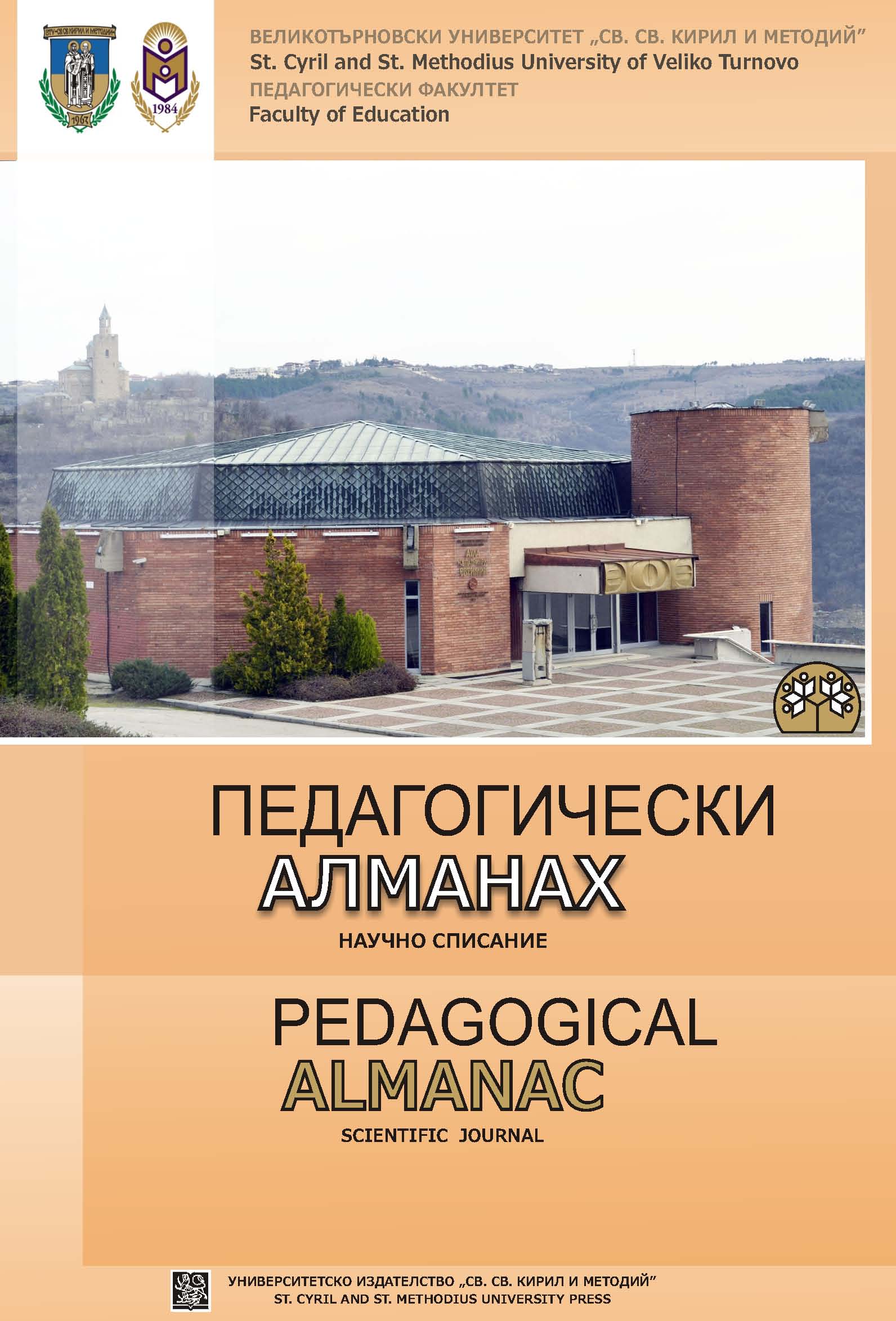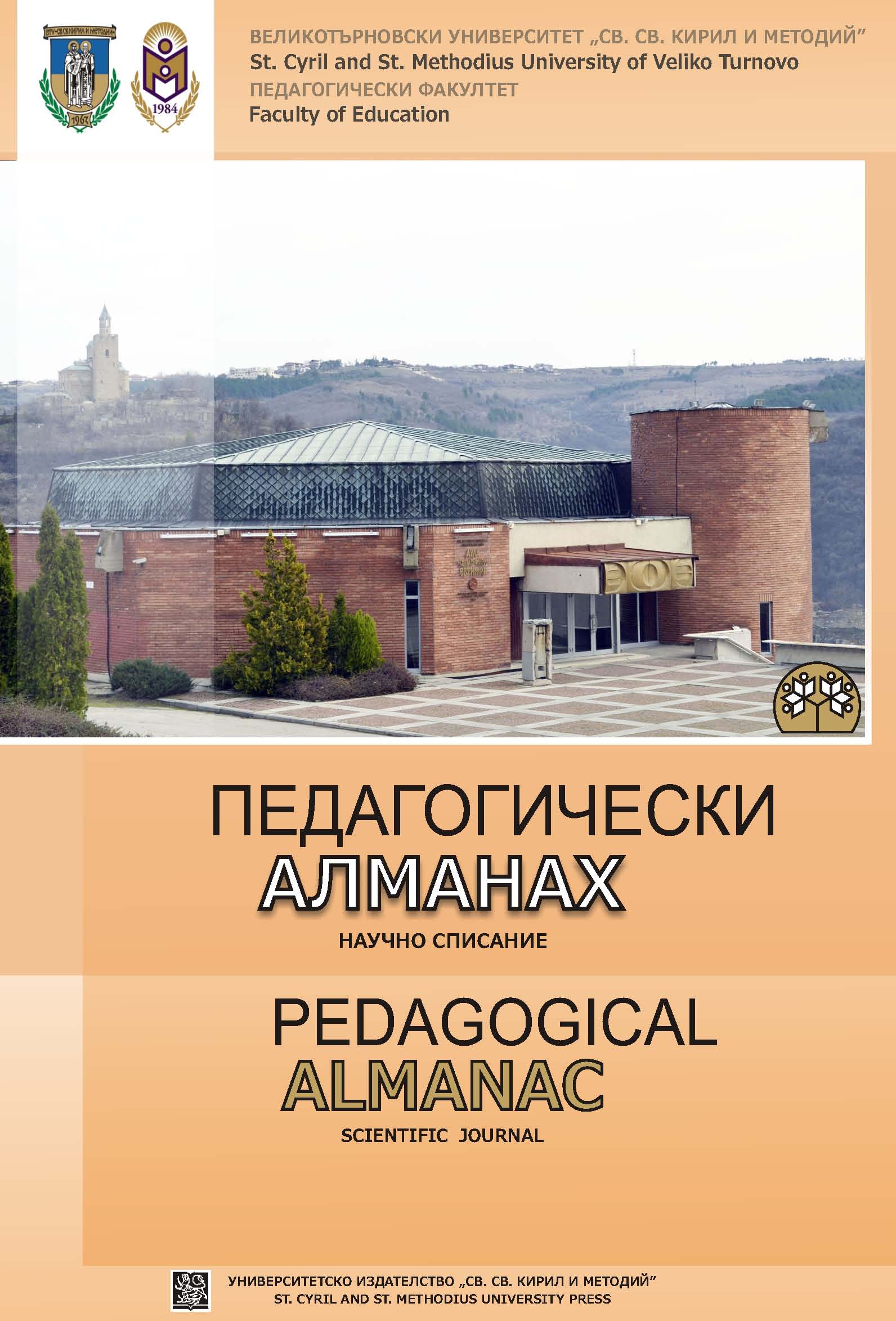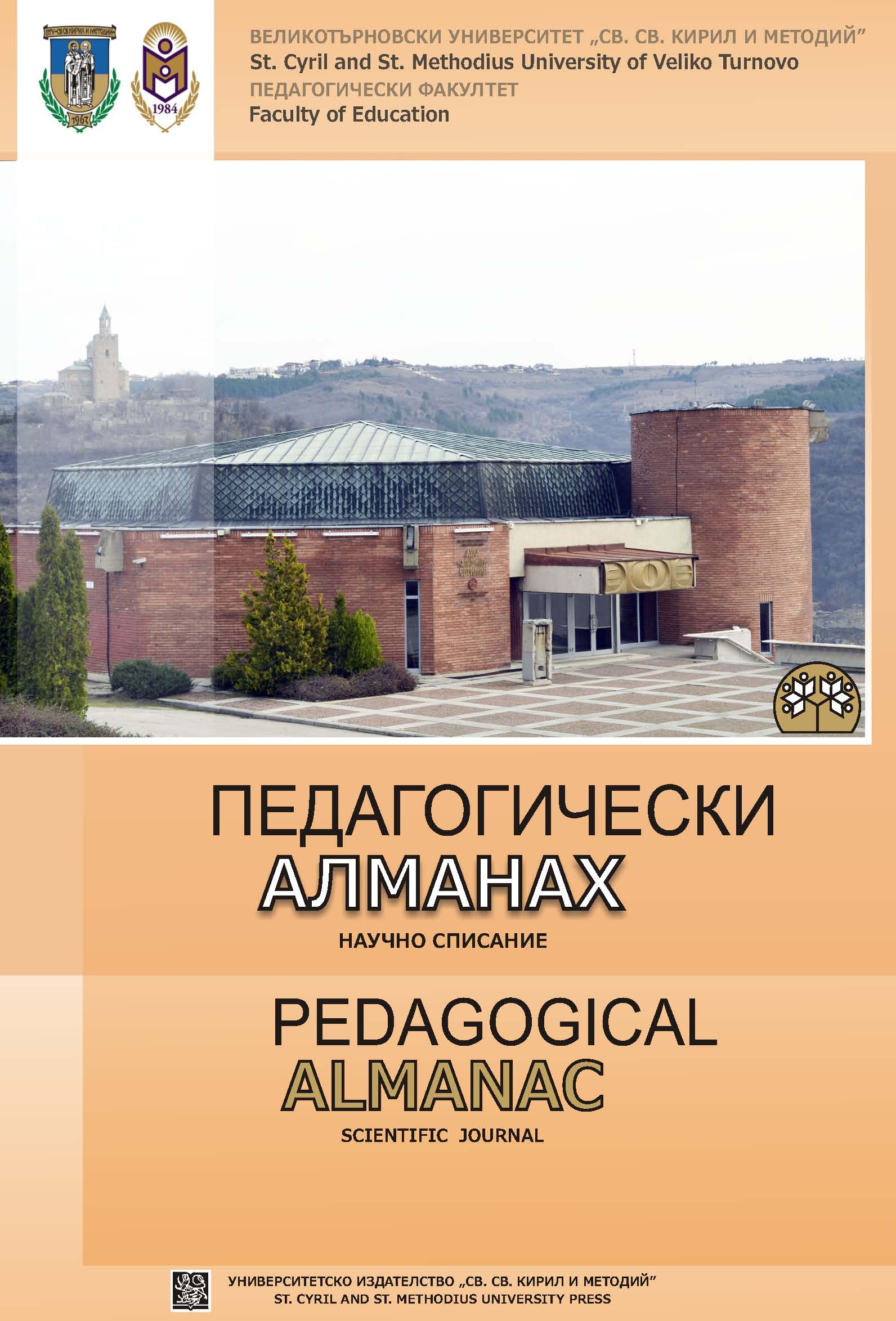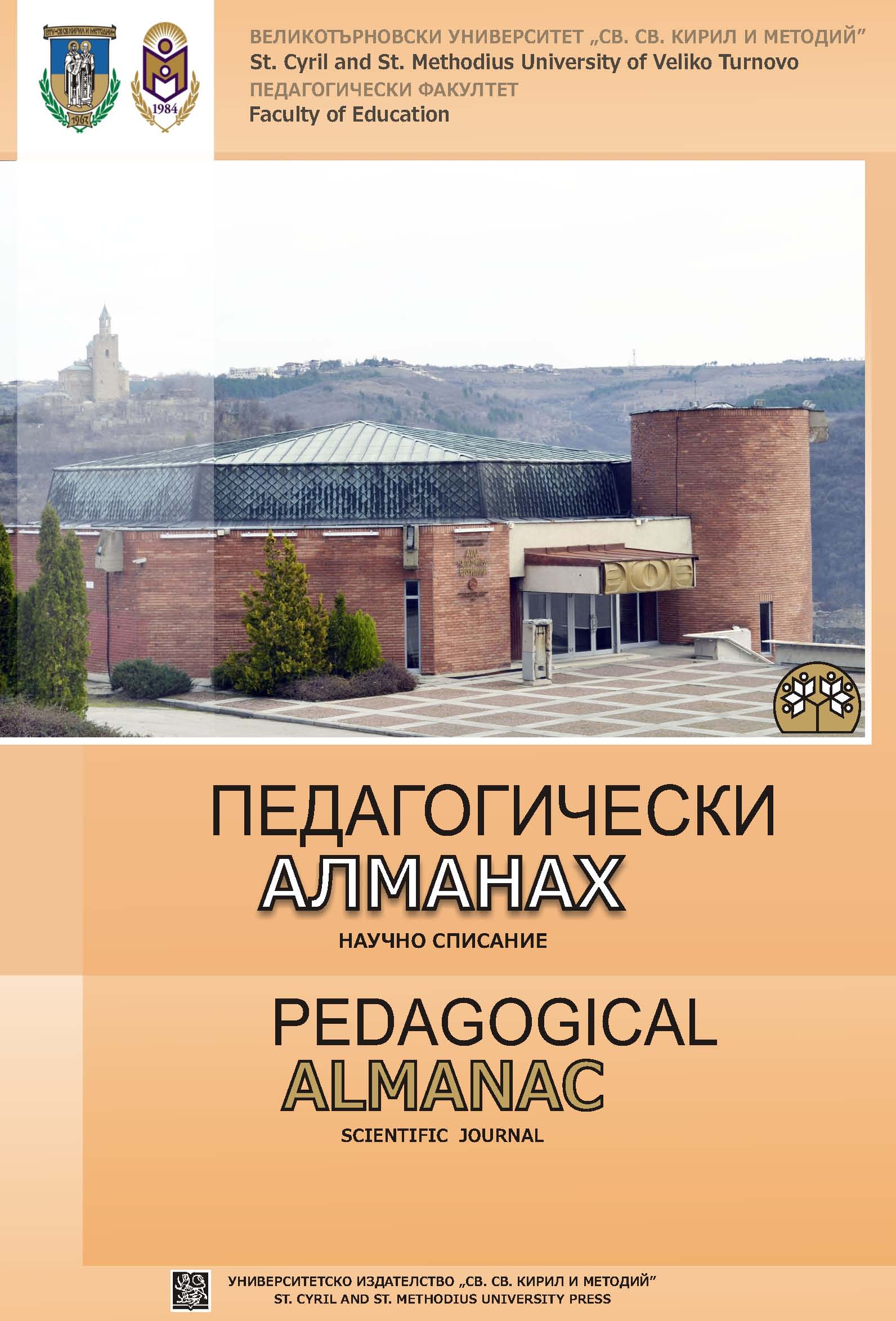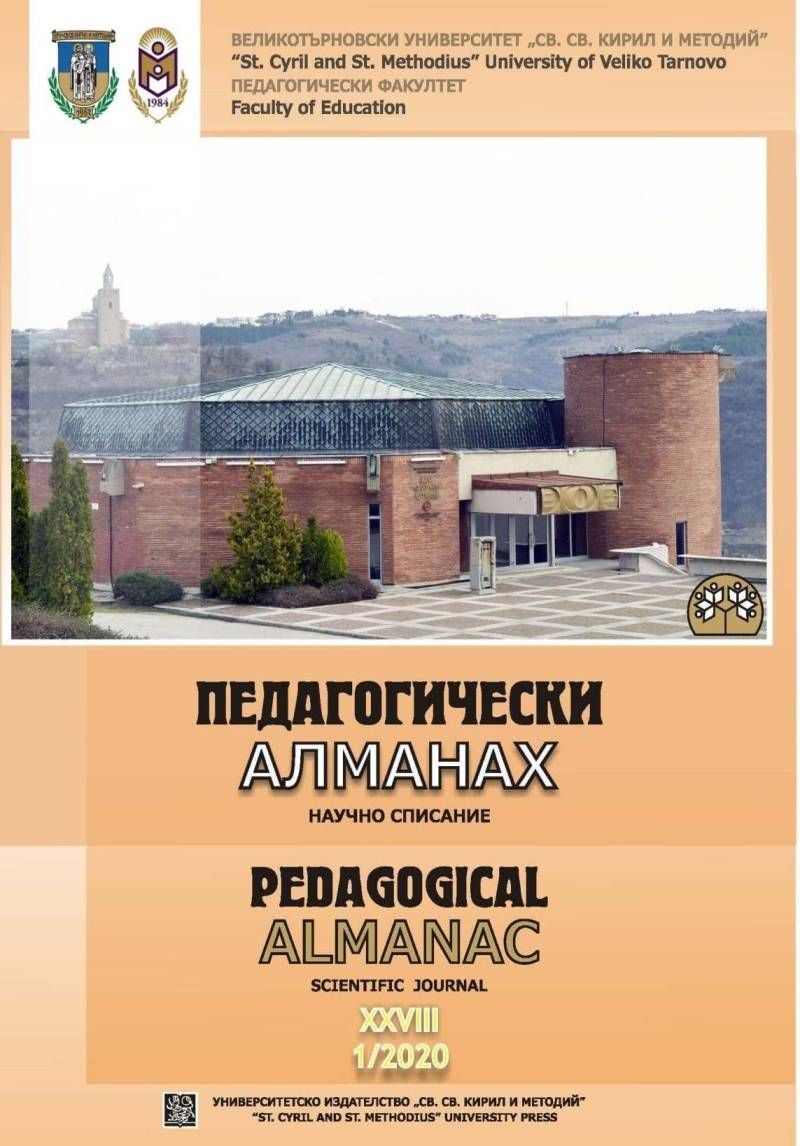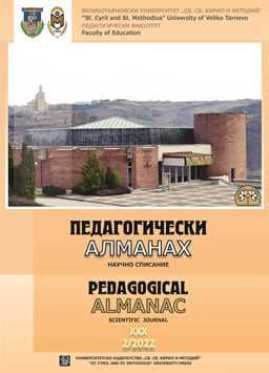Author(s): Marina Marinova / Language(s): Bulgarian
Issue: 2/2022
The object of treatment in nutritional therapy are impaired oral-motor and nutritional mechanisms. These pathological changes can affect not only eating, but also speech. The current study tracks and classifies the types of eating disorders according to the causes of their occurrence. They are divided into three groups: organic, functional, and secondary as a result of a primary syndrome. Organic disorders include congenital maxillofacial abnormities – clefts of the lips, the soft and hard palate. In early childhood, children with similar defects experience difficulties in food intake and swallowing. What is noticed as a secondary disorder is a delay in babbling and phrasal speech, the inability to articulate some sounds depending on the nature of the organic malformation, as well as changes in the timbre. The problem is solved surgically, but nevertheless it is necessary to work with a speech therapist and to conduct nutritional therapy in order to restore the proper functioning of the muscles. Changes in the oral cavity can also occur under the influence of bad childhood habits that affect the functions of facial, chewing, and tongue muscles. The period of practicing these habits often coincides with the period when milk teeth are replaced by permanent teeth, which leads to permanent changes in the bite. These changes hinder the proper chewing of food, whereas in terms of speech, the alveodental sounds are affected. Examples of bad childhood habits are thumb or pacifier sucking, mouth breathing, and infantile swallowing. Cerebral palsy in children and the Down syndrome are considered part of the group of syndromes, as a result of which a secondary eating disorder occurs. They are characterized by overall muscle tone changes, which is why the muscles of the maxillofacial apparatus are also affected. What can occur depending on whether the tone is reduced or increased are difficulties in opening and closing the lower jaw, problems with the retention and swallowing of food in the oral cavity, sensitivity to different consistencies, etc. In order to cope with eating disorders, the therapist uses a range of various methods and techniques, which can be commonly referred to as ‘oromotor therapy’. It helps to change already formed pathological mechanisms and to influence the facial muscle sensors, kinesthetic sensations, and tone. Various types of massage techniques, oral gymnastics, initial feeding, etc. are described along with the methods and techniques presented.
More...
